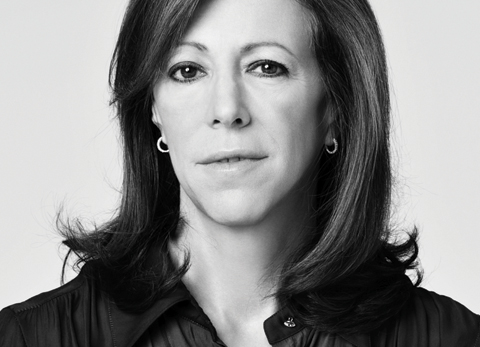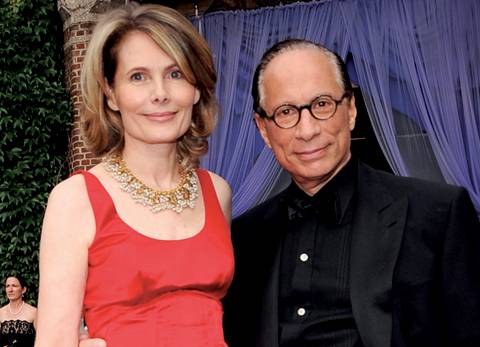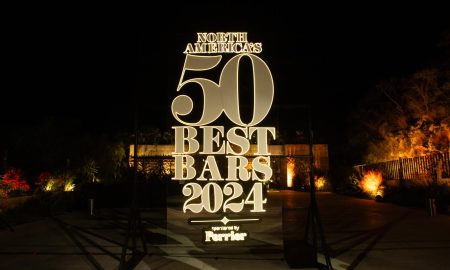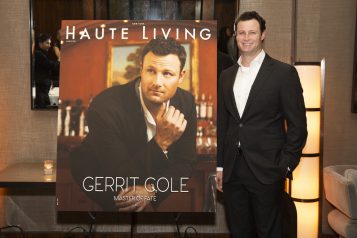Now in its eighth year, the festival is set to attract its largest audience and an international roster of films.
While balancing her role as one of the best known female producers in Hollywood with her status as a doting mother of two, Jane Rosenthal still found time to pioneer one of the film world’s most important events—the Tribeca Film Festival. How does Rosenthal succeed in her multifaceted career? She likens it to a precarious circus act. “It’s all about keeping balls in the air and spinning plates,” she says with a smile. Born and raised in Rhode Island, Rosenthal attended Brown and New York University. She has since seen her name dominate the credits of such successful franchises as Meet the Parents and Analyze This, as well as iconic films like Marvin’s Room and Wag the Dog.
After the harrowing events of September 11, residents of trendy Tribeca were forced to vacate their homes. Once they returned, a constant reminder of that dreadful day and an ever-present sense of fear loomed. Suddenly Tribeca was the last place on anyone’s evening agenda, and the spirit and camaraderie that once pulsed through this golden triangle was gone. Rosenthal took this as a call to action. Along with her partner Robert De Niro, Rosenthal sought to breathe new life into Tribeca. Armed with talent, connections, and perseverance, the duo planned a film festival that would celebrate filmmaking in New York, and would premiere in a mere 120 days.
Upon its launch in 2002, the festival was an immediate success, attracting more than 150,000 visitors and raising more than $10 million to support the Tribeca merchant community. “My aspiration was to bring people downtown and try to create a new sense of normal,” recalls Rosenthal. “We have had more than two million people come downtown and participate in Tribeca since the first festival.” Now in its eighth year, the festival is set to attract its largest audience and an international roster of films. Rosenthal expresses pride in the festival’s success. From the festival’s first year, when Nelson Mandela spoke about the importance of renewing the spirit, to today, when filmmakers from around the globe flock to Tribeca to showcase their works, the Tribeca Film Festival has evolved into one of the industry’s most important events.
This year, Rosenthal’s picks for must-see films: Entre Nos (a heartwarming story about a mother who moves to New York on her husband’s whim only to find herself abandoned by him with two children to see through a New York City summer); The Lost Son of Havana (the story of baseball legend Luis Tiant’s return to Cuba); Only When I Dance (which follows two teenage dancers from the favelas of Rio di Janeiro to fame and recognition), amongst others. The common theme amongst all of these—the success of a dream realized—is perhaps a telling sign that success and tenacity is always on Rosenthal’s mind.





















